Rated 4.6 on Reviews.io
Rated 4.6 on Reviews.io
Home / Homewares / Garden & Outdoors / Plant Your Own - 10 Original Wild Flower Seed Ball Gift Box




Our quality prints

{Missing key :product/printing-info-1-heading}
{Missing key :product/printing-info-1-content}

{Missing key :product/printing-info-2-heading}
{Missing key :product/printing-info-2-content}
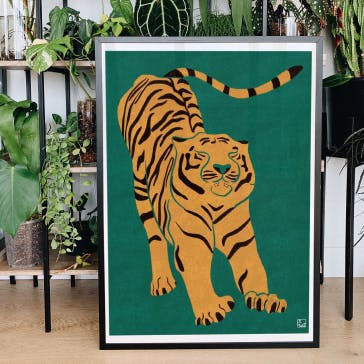
{Missing key :product/printing-info-3-heading}
{Missing key :product/printing-info-3-content}

{Missing key :product/printing-info-4-heading}
{Missing key :product/printing-info-4-content}
Our quality frames
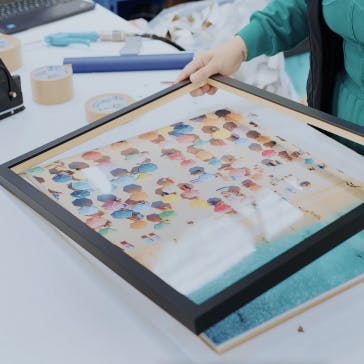
{Missing key :product/framing-info-1-heading}
{Missing key :product/framing-info-1-content}
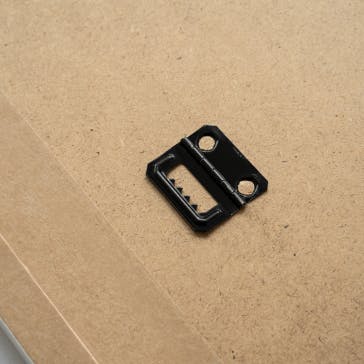
{Missing key :product/framing-info-2-heading}
{Missing key :product/framing-info-2-content}
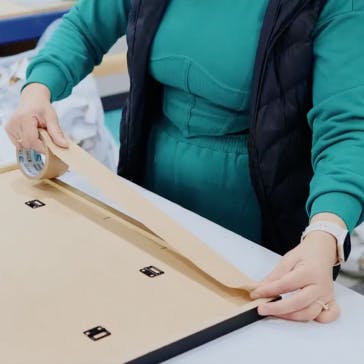
{Missing key :product/framing-info-3-heading}
{Missing key :product/framing-info-3-content}
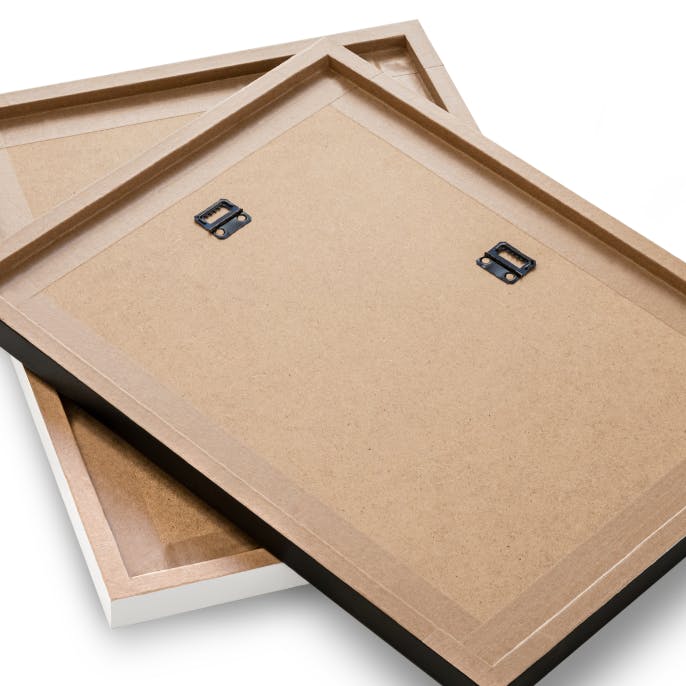
{Missing key :product/framing-info-4-heading}
{Missing key :product/framing-info-4-content}
Premium international shipping for €11.49
Arrives soon if you order today! Estimated delivery: Tue 24 Dec – Thu 26 Dec
14-day returns policy
We offset delivery & packaging carbon emissions on every order.
5-star customer support on live chat
 Product details
Product details
A very special Wildflower Mix conservation seed balls, celebrating the beautiful Sussex Downlands!
Contents: 10 'Plant Your Own' Wildflower Mix small-batch conservation seed balls, in a cotton bag, with full planting instructions (printed on recycled card) in a recyclable gift box, tied with ribbon.
Ingredients: Wildflower seed mix, peat-free compost, clay & chilli powder. Made carefully by hand in Worthing. The cotton bag can be re-used or recycled.
**Why are wildflowers important?**
The more wildflowers we grow, the happier our pollinators - the birds, bees and other insects - will be. They depend on wildflowers for food throughout the year. The WWF tells us that 'on a single day in summer, one acre of wildflower meadow can contain 3 million flowers, producing 1 kg of nectar sugar. That’s enough to support nearly 96,000 honey bees per day.'
**Instructions:**
Plant in Spring & create your own wildflower garden!
**What's In the Mix?**
Common Name: Red Corn Poppy
Latin Name: Papaver rhoeas
Where it thrives: Moist, rich soil, close to the surface
This is a UK native wildflower variety mix to be planted in spring. It is suitable for all soil types, with different seed varieties in the mix, favouring different conditions. Your flowers will establish themselves in their first year, and reach their best in their second or third years, given good growing conditions.
Why we love it: Poppy plants produce beautiful flowers, growing in a range of colours, our favourite being the red-flowered corn poppy. Not only is it a being beautiful & a symbol of those we have lost, the poppy is used for the production of latex, morphine & codeine. Their seeds are also rich in oil, carbohydrates, calcium and protein, and so often used in cooking.
Common Name: Yellow Tansy or Golden Buttons
Latin Name: Tanacetum vulgare
Where it thrives: can grow in full sun or partial shade. It thrives in fertile, well-drained soil & in an area that has little vegetation already established
Why we love it: produces beautiful, yellow, button-like flowers. It has previously had many uses as a medicine (although we do not recommend this!) and continues to be used by traditional dyers to produce a golden-yellow colour & beekeepers use it as fuel in a bee smoker. In addition, it is a great companion plant to cucumber & squash plants, and adds potassium to the soil.
Common Name: Forget Me Not
Latin Name: “Myosotis” from the Ancient Greek for "mouse's ear", which the foliage resembles
Where it thrives: in moist soil with good drainage, in a sunny or shady spot
Why we love it: their flowers are small, with beautiful colours including pink, white or yellow. It is used a symbol by many, including to commemorate those lost in WW1, as well as by various Alzheimer’s organisations around the world.
Common Name: Baby’s Breath
Latin Name: “Gypsophila” from the Greek gypsos ("gypsum") and philios ("loving"), a reference to the gypsum-rich ground in which some species grow
Where it thrives: in dry, sandy and stony places, often in chalk-rich soils
Why we love it: The seeds are often shaped like a snail shell, and we have noticed these seeds when making seed balls, and which resemble fossilised ammonites! These plants are also have many practical uses, including production of photographic film, soap and shampoo, as well as to absorb toxic elements from polluted soils.
Common Name: Blue Lupin or Narrow-Leaved Lupin
Latin Name: Lupinus angustifolius
Where it thrives: full sun or dappled shade, in moist but well-drained soil
Why we love it: these have been cultivated for over 6,000 years as a food crop for their seeds which are rich in protein & energy. Cleverly, the plant is also able to improve soil, fix nitrogen, uses minimal nutrients & the strong roots reduce soil compaction. As a result, the plant is a brilliant way to restore fields depleted by crop rotation.
Please note that seed mix varieties are subject to availability & flower growth is not guaranteed. Seed mix will cover approximately 1m2 per ball.
**About Sussex Seed Balls**
Sussex Heritage seed balls are produced by a family business, individually, by-hand, close to the South Downs. They combine their special wildflower variety seed mix with a variety of ingredients to ensure your seedballs have the optimum nutrition to grow into beautiful blooms.
Seed balls contain peat-free compost (to keep the seeds safe), clay (to shape the balls) & chilli powder (to deter hungry insects and birds).
There are so many benefits to choosing growing flowers from these seed balls:
1\. Reduced biodiversity is having a devastating effect on nature, including bee & butterfly populations. You can support them by planting the wildflower environments crucial to their, and our, survival
2\. Increase diversity of wildflower species to ensure every bird and insect have their favourite snacks to hand!
3\. Share your seed balls with friends and family to join you in your wildflower quest
4\. Explore all our wildflower seed ball options in our shop to find the right one for you and your family.
 Shipping and Returns
Shipping and Returns
The product will be shipped to you from: First & Last in Worthing, UK.
Premium international shipping for €11.49
Arrives soon if you order today! Estimated delivery: Tue 24 Dec – Thu 26 Dec
14-day returns
On items eligible for returns, you have 14 days from delivery to submit a return request. Learn more.
Ordering between the UK and the EU?
There are no hidden fees or additional charges once you’ve paid for your order. Enjoy hassle-free cross-border shopping. Learn more



